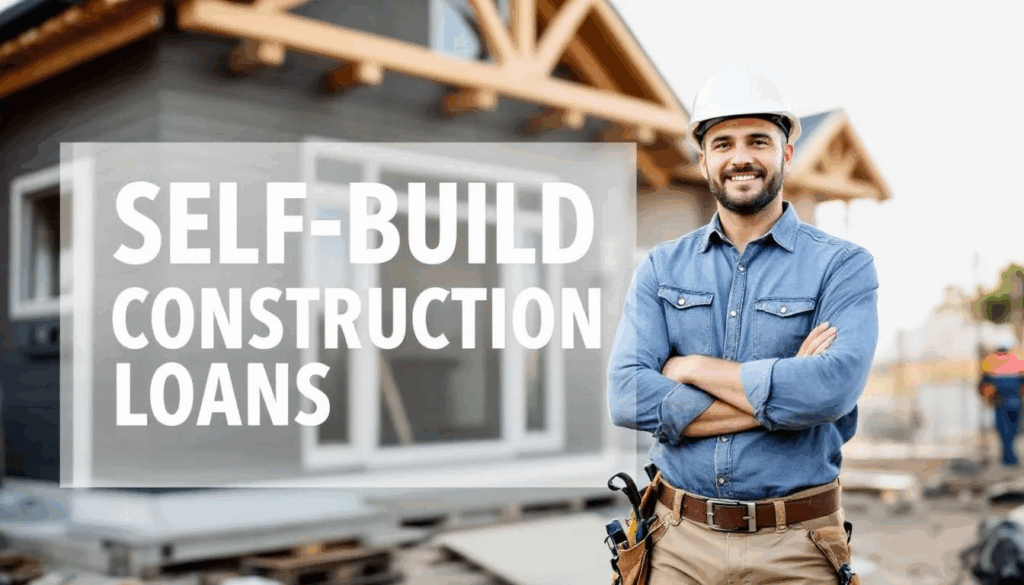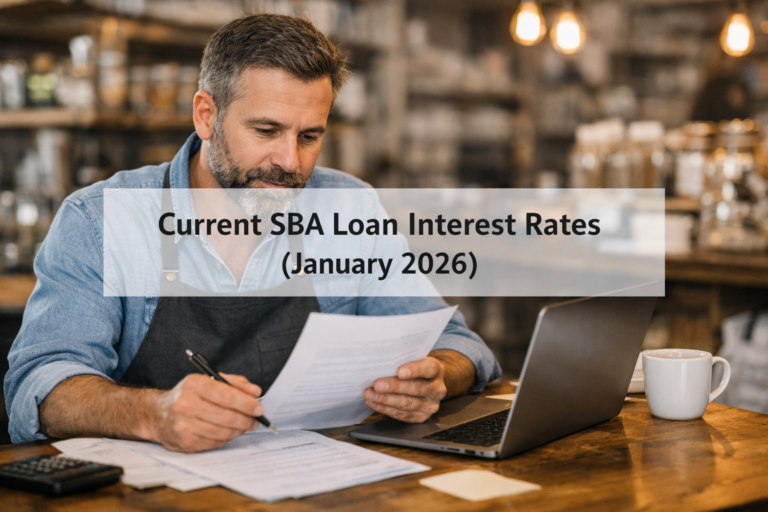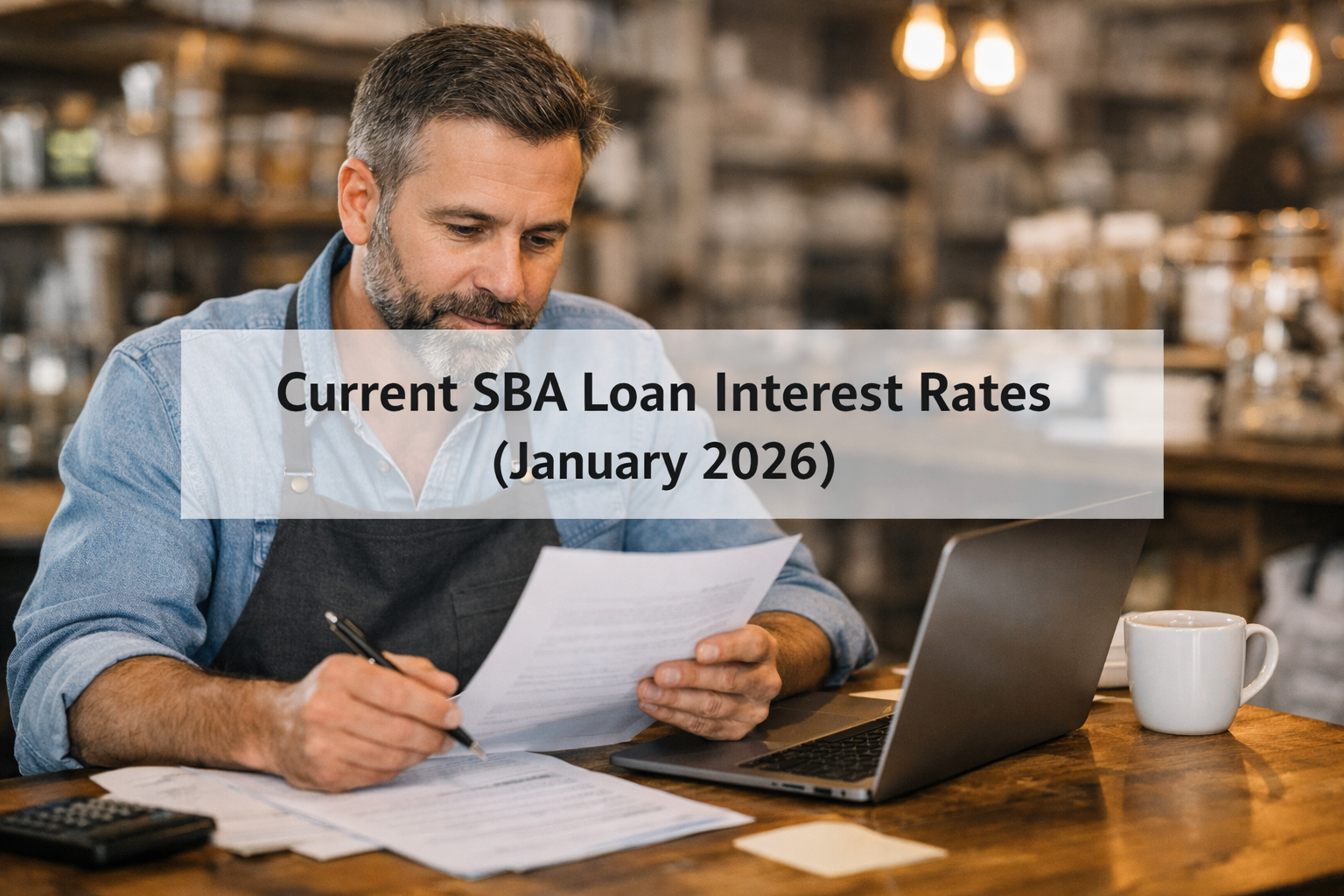What are Self-Build Construction Loans?
Self-build construction loans, also known as owner-builder loans, are specialized financing options designed for individuals or property investors who wish to build their own homes or projects rather than purchase a pre-built property. This type of home construction loan is particularly beneficial for borrowers who aim to create unique architectural designs not available in the standard housing market or those constructing in rural or remote locations where pre-built options may be limited.
They allow borrowers to tailor every aspect of the project, ensuring it meets specific lifestyle or investment goals. Unlike traditional construction loans, these loans cater to borrowers who act as their own general contractors, overseeing the construction project themselves. Self-build construction loans differ from conventional loans and a standard mortgage, as they are structured explicitly for new construction rather than the purchase of an existing home, often featuring different approval processes, disbursement schedules, and requirements.
For property investors, self-build construction loans provide a flexible means to control costs and ensure their construction projects align with their specific investment goals. For homebuyers, these loans offer the opportunity to create a dream home tailored to their exact preferences. When building a house, purchasing the land is a crucial first step. Borrowers may use a land loan or explore other land financing options to acquire the land before construction begins.
Borrowers must submit a detailed construction plan that includes compliance with local building codes and project timelines to secure financing.
How do Self-Build Construction Loans Work?
Self-build construction loans differ significantly from traditional construction loans in terms of structure and requirements. Understanding the process involves breaking it into several components:
First, the loan structure and payments: With a self-build construction loan, you typically receive funds in stages as the project progresses. Payments are often interest-only during construction, and the interest rate can be either fixed or variable, depending on the lender and the type of loan. The interest rate directly impacts the total cost of the loan; therefore, it’s essential to compare options carefully.
Next, the conversion to a permanent mortgage: Once construction is complete, the loan usually converts to a standard mortgage. Some lenders offer an FHA one-time close construction-to-permanent loan, which means you only need to close on one loan that covers both the construction and permanent financing phases. This simplifies the process and can provide a predictable interest rate throughout, helping you manage the total cost more effectively.
Loan Approval Process
The loan approval process for self-build construction loans requires borrowers to present detailed plans, including a budget, timeline, and construction design, as well as other relevant documents. Mortgage lenders assess the borrower’s credit score, financial stability, and experience with construction projects. Getting pre-approved for a self-build construction loan can expedite the process, as it demonstrates to the lender that you have already had your financial situation reviewed. Borrowers may also need to provide proof of their construction experience or credentials to the lender. Having existing equity or a qualified builder on board improves approval chances.
Construction Phase
During the construction phase, funds are disbursed in stages based on the project’s progress. Each stage—such as foundation, framing, and electrical work—is inspected to ensure compliance with the approved plan and local building codes. Borrowers typically make interest-only payments during this phase.
It is essential to include contingency funds in the project budget to cover unexpected expenses that may arise during the construction phase.
Conversion to Permanent Mortgage
Once construction is complete, many home construction loan options transition into permanent financing, often referred to as a construction-to-permanent loan. This process streamlines the transition from construction financing to a long-term mortgage, eliminating the need for borrowers to apply for a separate loan. Once the loan converts, borrowers will begin making regular monthly payments on the new mortgage.
Construction Loan Rates
Construction loan rates are a crucial factor to consider when planning your self-build construction project. Unlike traditional mortgage rates, construction loan rates are typically higher due to the increased risk lenders take on when financing a property that does not yet exist. For a self-build construction loan, you can expect interest rates to range from 4% to 12% or more, depending on the lender, your credit score, and the specifics of your construction plan.
Rates can be either fixed or adjustable, so it’s essential to review your options and understand how your payments may change over time. Lenders will assess your financial profile, including your loan-to-value ratio and debt-to-income ratio, to determine your eligibility and the rate you’ll be offered. Shopping around and comparing offers from multiple lenders can help you secure the most favorable construction loan rates for your self-build construction loan.
Keep in mind that during the construction phase, you’ll typically pay interest only on the amount disbursed, which can help manage cash flow. However, because self-build construction loans are considered riskier than standard mortgages, you may face higher interest rates and stricter loan terms. Always review the full loan terms and ask your lender about any potential rate adjustments before committing to a construction loan.
Can I Get a Self-Build Construction Loan for Commercial Real Estate?
While self-build construction loans are commonly associated with residential properties, they can also be used for commercial real estate projects. Investors seeking to develop retail spaces, offices, or mixed-use properties may be eligible for these loans if they meet the lender’s requirements. In some cases, an owner-builder loan may be available for borrowers who wish to manage the construction themselves.
For commercial real estate projects, construction loan lenders often emphasize the borrower’s ability to act as their own general contractor or hire a licensed contractor. These loans also require comprehensive market analysis and adherence to zoning regulations.
How Do I Qualify for a Self-Build Construction Loan?
Qualifying for an owner-builder construction loan involves meeting several criteria:
Credit Score: Lenders typically require a good credit score, with higher scores increasing approval odds and getting lower interest rates. The minimum credit score requirement for construction loans is often higher than for traditional mortgages, with acceptable scores generally starting at 620 or higher.
Down Payment: Lenders typically consider a borrower’s debt-to-income ratio, cash reserves, and down payment when evaluating eligibility for a construction loan. Borrowers must provide a significant down payment, often 20% or more of the total construction costs.
Closing Costs: Borrowers should also budget for closing costs, which may include appraisal fees, title searches, and administrative expenses, as these are similar to the fees found in regular mortgages.
Construction Plan: A detailed plan outlining construction phases, costs, and timelines is mandatory.
Licensed Contractor: While owner-builder loans allow borrowers to act as their own contractors, many lenders prefer the involvement of a licensed contractor.
Existing Equity: Having equity in the land or other assets can strengthen an application.
Opportunities for Low Credit Scores
Most lenders require a minimum credit score of 620 to 680 for conventional construction loans. If you’re considering FHA construction loans, the minimum credit score requirement drops to 500, but keep in mind that lower scores often come with higher interest rates and stricter payment requirements.
For VA construction loans, some lenders may accept credit scores as low as 580, making them a more accessible option for eligible borrowers. However, regardless of the loan type, a good credit score can help you qualify for better loan terms, such as lower interest rates and a reduced down payment.
Other factors, such as your income, existing debt, and the overall construction plan, will also influence your approval odds and the final loan terms. Working with an Equal Housing Lender can help you find the best loan option for your self-build construction process.
What are the Pros & Cons of Self-Build Construction Loans?
Self-build construction loans offer a range of benefits. They provide flexibility, allowing borrowers to design and oversee construction tailored to their preferences. For property investors, these loans provide cost control and the potential for higher returns on investment.
However, these loans also come with challenges. Because self-build construction loans are considered to carry more risk for lenders, they often have higher down payment requirements and stricter approval criteria. Borrowers also face higher risks, such as construction delays or cost overruns, which can strain budgets.
Self-Build Construction Loan Pros & Cons
Pros:
- Tailored construction options.
- Cost control and potential savings.
- Transition to permanent mortgage available.
Cons:
- High down payment requirements.
- Complex application process.
- Financial risks during construction.
How Do I Get a Self-Build Construction Loan?
The process of securing a self-build construction loan involves several key steps:
Step 1: Develop a Detailed Construction Plan
Prepare a comprehensive plan that includes design specifications, timelines, and compliance with local building codes. You will also need to provide credentials to act as a contractor on the project.
Step 2: Submit a Loan Application
Complete the loan application, providing proof of income, credit history, and a list of licensed contractors or your qualifications as an owner-builder.
Step 3: Secure Loan Approval
Work with your lender to address any additional requirements or conditions they may impose.
Step 4: Begin Construction
Once approved, start construction. Funds will be disbursed in stages, with inspections at each phase. During these inspections, lenders typically assess the quality of work, adherence to the approved construction plan, and compliance with local building codes and regulations.
Key aspects evaluated include the stability and integrity of the foundation, proper framing techniques, and the installation of electrical and plumbing systems. These checks ensure that the construction progresses safely and aligns with the outlined project milestones, giving lenders confidence in the project’s viability.
Frequently Asked Questions
Here are the most common questions about self-build construction loans.
What Down Payment is Needed for a Self-Build Construction Loan?
The minimum down payment requirement for self-build construction loans varies depending on the lender. Construction loans typically have a higher down payment requirement compared to traditional mortgages, usually ranging from 20% to 30% of the total project cost. Factors influencing the down payment include the borrower’s credit score, the type of loan, and whether the land is already owned.
Federal Housing Administration (FHA) loans may offer lower down payment options, but borrowers must meet specific criteria. A larger down payment can also reduce financial risks and improve loan terms. Some loan programs, such as USDA and VA loans, may offer no-down-payment options for eligible borrowers.
How Long Are Terms for a Self-Build Construction Loan?
Terms for self-build construction loans typically last between 6 and 24 months, covering the construction period. However, if construction takes longer than the loan term, borrowers usually have several options to address the situation.
One common approach is requesting a loan extension from the lender, although this often comes with additional fees or higher interest rates. Alternatively, borrowers might refinance the existing loan into a new construction loan or transition to a traditional mortgage if the property is near completion. Borrowers must communicate proactively with their lender and ensure contingency plans are in place to manage unexpected delays.
Repayments during this phase are often interest-only, reducing the financial burden until the project is completed. Once construction is finished, the loan can be converted into a long-term mortgage with typical terms of 15 to 30 years.
Can I Convert a Self-Build Construction Loan into a Mortgage?
Yes, self-build construction loans can be converted into traditional mortgages through a process called construction take-out. This involves refinancing the construction loan into a conventional mortgage, which provides permanent financing for the completed property.
Are There Other Loans to Finance Building Commercial Real Estate?
In addition to self-build construction loans, investors can explore other financing options tailored to their specific project needs. Two common alternatives are new construction loans and rehab loans. For eligible veterans and active-duty military personnel, a VA construction loan is a specialized option that offers benefits such as lower down payments, the potential to finance 100% of construction costs, and a convenient one-time closing process.
New Construction Loans
New construction loans are designed specifically for commercial property construction. They are suitable for projects such as office buildings, retail spaces, and mixed-use developments.
They typically require a detailed market analysis, zoning compliance, and adherence to lender-specific guidelines. Borrowers often benefit from customized repayment terms and competitive interest rates, particularly when working with experienced commercial lenders.
Rehab Loans
Rehab loans, on the other hand, are ideal for investors looking to renovate or improve existing commercial properties. These loans provide the funding necessary to update infrastructure, enhance energy efficiency, or repurpose properties for different uses.
Unlike new construction loans, rehab loans focus on the property’s after-repair value. This allows investors to capitalize on the potential increase in worth once renovations are complete.
Both loan types offer targeted solutions depending on whether the goal is new construction or enhancing an existing property. Working with a knowledgeable lender who understands the nuances of commercial real estate can help investors determine the best financing option for their needs.
Can Other Real Estate Investment Loans Cover Construction Costs?
Real estate investors who do not qualify for self-build construction loans or require additional funding can consider other types of investment loans.
Bridge Loans
One option is bridge loans, which provide short-term financing to cover construction or acquisition costs. These loans are often used to secure land or fund initial construction phases until long-term financing is arranged. Bridge loans are particularly beneficial for projects with tight timelines or those requiring rapid funding.
Hard Money Loans
Another alternative is the hard money loan, a type of financing often used by real estate developers. The property secures these loans and offers flexible underwriting criteria, making them accessible to borrowers with less-than-perfect credit. However, they typically have higher interest rates and shorter terms than traditional loans.
Portfolio Loans
Portfolio loans may be an option for investors building residential properties as part of a portfolio. These loans allow multiple properties to be financed under a single loan agreement, streamlining the financing process and offering flexibility in managing construction costs across projects.
Mezzanine Financing
Mezzanine financing can supplement funding for large-scale construction projects. This debt-equity hybrid helps investors cover construction costs while retaining ownership equity in the project.
Small Business Loans
While small business financing options typically do not cover residential construction, property investors can utilize these loans to fund other essential operations, thereby freeing up more capital for construction projects and investments. You can also potentially use a small business loan to cover the acquisition of commercial property.
You may be interested in one of the following small business loans:
- Bad credit business loan
- Business line of credit
- Business loans for women
- Business term loans
- Equipment financing
- Accounts receivable factoring
- Merchant cash advance
- Revenue based financing
- SBA loans
- Working capital loans
- ERTC advance
Self-Build Construction Loan – Final Thoughts
Whether building a dream home or a commercial venture, the right loan can turn visions into reality while ensuring financial stability and project success. Real estate investors and homebuyers can proactively fund their construction projects by delving into these financing options and understanding the intricacies of self-build construction loans.
Knowing the potential costs, risks, and alternative options can help you find the best loan for your needs. If a self-build construction loan isn’t the right fit for your goals, you may be interested in other loan options, such as rehab, portfolio, or small business loans.
Contact us if you have further questions about real estate financing or would like to apply for a small business loan. Our alternative financing experts can help you identify the most suitable funding options for your business objectives.












